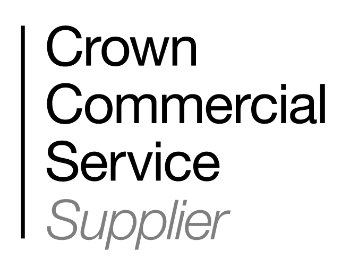1: Data is Key
Perhaps the most important aspect of SEO is recognising just how much impact data will have on a project. Whether it’s analysing the existing information in an area you’re trying to improve, or deciphering the relevant metrics when assessing the success of a project, data will almost certainly be used in some capacity throughout each stage of a campaign.
2: Stay Informed
A downside to the sheer volume and popularity of content on the web is that companies frequently change and adapt the way they work in order to stay relevant within their industry. SEO is certainly no different in that regard. Largely unnoticed by most, search engines are constantly making minor adjustments to their algorithms to continue improving the services that they offer. Simply staying up to date with these changes can have a huge impact on the long-term success of a campaign.
3: Use Competition to your Advantage
A key part of optimizing a website comes as the result of evaluating the current ongoing approaches in the industry. Being aware of both the successes and downfalls of other campaigns can play a huge part when marketing your own business. Fortunately, there are many resources out there that facilitate the acquisition and interpretation of this information.
4: Resources are there to be Used
From the very beginning, it has been evident that there is certainly no shortage of quality information on SEO. Sites such as https://searchengineland.com/ and https://www.searchenginejournal.com/ provide a great platform for users to stay informed. Being the market leader in SEO, Google also offers some great insight into the processes it uses to measure the quality of a website. This wealth of resource isn’t limited to articles or guides either; the number of excellent programs and tools widely available is, frankly, astounding. What’s more, the majority of these are available at exceptional prices for the insight that they offer.
5: Connect with Others
With the way search engines are structured, it’s important from a business perspective to develop relationships with people who have a passion for your product or business. Google, for example, place a far higher value on domains that are associated with other high-ranking sites, as opposed to a higher volume of links from lower ranking pages. Similarly, the rise of social media has validated these platforms as valuable commodities that can directly impact the authority of a related website.
By Lewis McSorley, Search Marketing Consultant




